Reykjavík on a Budget
Iceland was once one of the wealthiest nations in the world and had a near zero unemployment rate. Icelanders worked longer hours than any of their European counterparts. However, in 2008, its banking system collapsed, leaving the economy in shambles. The prominence of Iceland’s banking system rose out of the decline of its fishing industry, that once served as a main source of revenue.
As the revenue from the fishing industry decreased due to the imposition of fishing quotas, Icelanders started to put their money into investment banking. Although Iceland had a successful investment banking sector, old Viking clan ties resulted in nepotism, theft, and corruption within the industry.
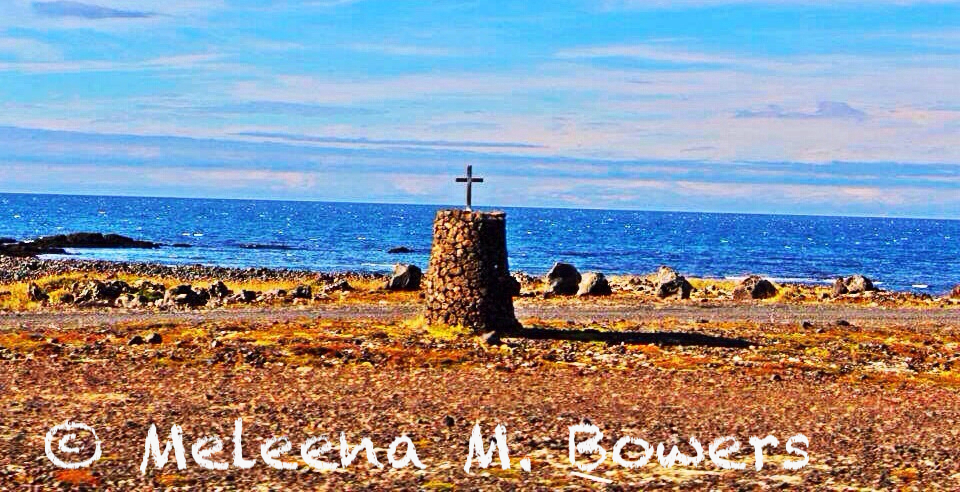
Iceland has a population of a little over 300,000 people. With such a small population, family ties are still strong.
Once the international banking community caught wind that Icelandic banks were violating international banking laws, its banking system crumbled. The value of the krona went into a free fall overnight and trading in foreign currency was virtually suspended for weeks. Suddenly, this expensive, tiny nation became a relative “bargain” for travelers. As a nod to Viking ingenuity, Icelanders began to market Iceland as a tourist destination.
Iceland still cannot be classified as a “budget destination,” however, the devaluation of the krona put this once prohibitively expensive country within the reach of more travelers. Icelandair permits passengers to stopover for up to seven days in Iceland for transatlantic flights, making it a perfect pit stop on the way to the Continent. Servicing over 20 European Cities in Scandinavia and on the Continent, Icelandair essentially allows travelers to visit two cities for the price of one.
Despite the devaluation of the krona, hotels remain pricey, but there are several ways to counter expensive accommodation. One option is to book one of Icelandair’s airfare/hotel packages. Another option is to stay at the trendy KEX Hostel. Kex, located in an old biscuit factory, is centrally located and has a pool as well as a café.
Airbnb is also a great source for inexpensive accommodations. World Travelure can vouch for Helga’s flat, a one-bedroom apartment with a hot tub, located on Laugavegur, one of Reykjavík’s main streets.
Helga & Snorri were perfect hosts who picked us up from the bus station and took us on a short tour of central Reykjavík.
Should you choose to rent a flat you can also save on food by shopping at Bónus, a local discount grocery store. To save on alcohol, you can purchase alcohol upon arrival at the Reykjavík-Keflavik Airport. Icelanders are known for having a few cocktails at home before going out for a night on the town so you’ll fit right in, should you choose to pre-game as well. Also, you can look for Happy Hour specials on drinks, which usually are from 10 p.m. to midnight. The party doesn’t get started until after midnight in Reykjavík so “Happy Hour” is all relative.
Iceland is a destination where those who are on a budget should devise a plan on when to pinch their kronas and when to splurge. Iceland has so many fabulous activities, some of which can cost upwards of $200-$300 for a day trip. Travelers may wish to skimp on a few meals in order to enjoy exciting outdoor activities. Of course, another option would be to forego the middle man altogether and rent a car to see such sights as the Golden Circle route or to experience the Northern Lights, which are activities that can easily be visited on a self-guided driving tour.
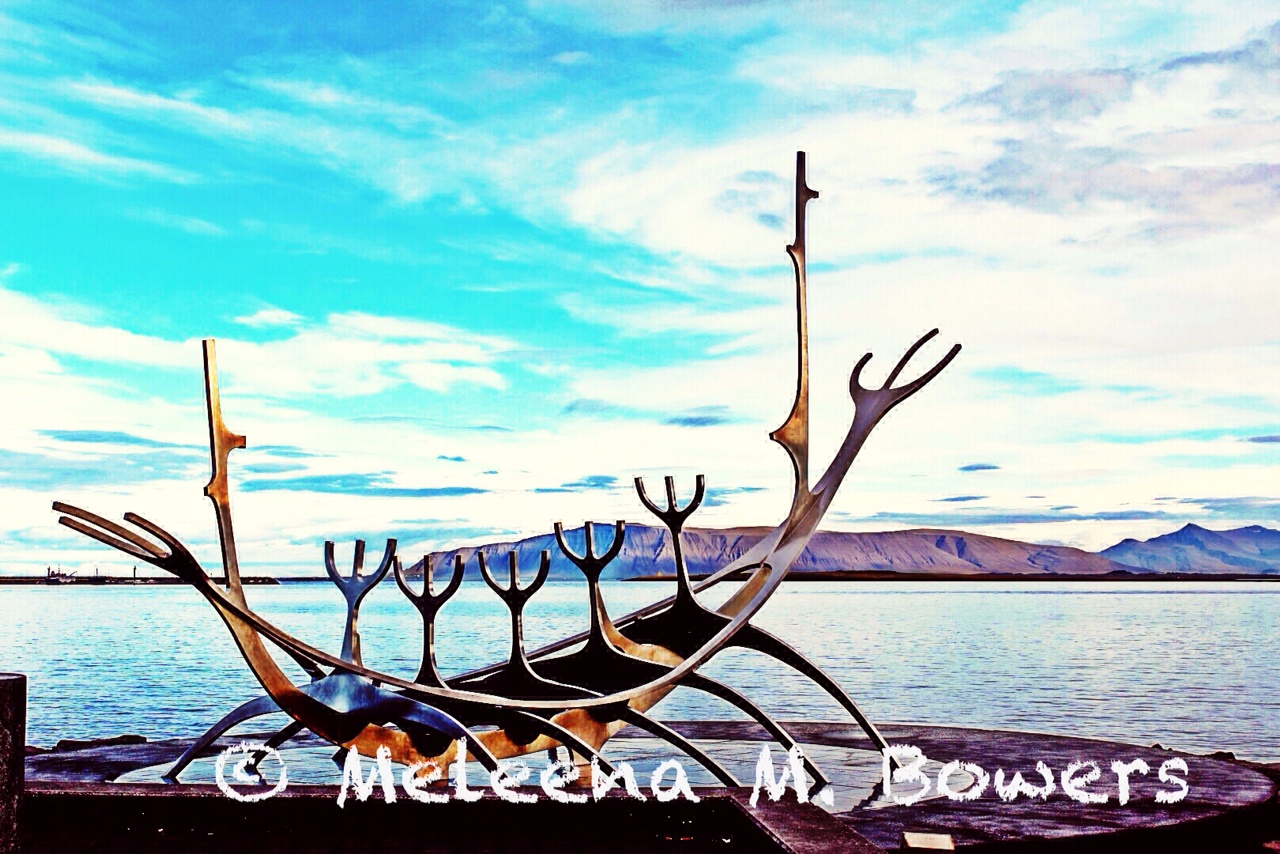
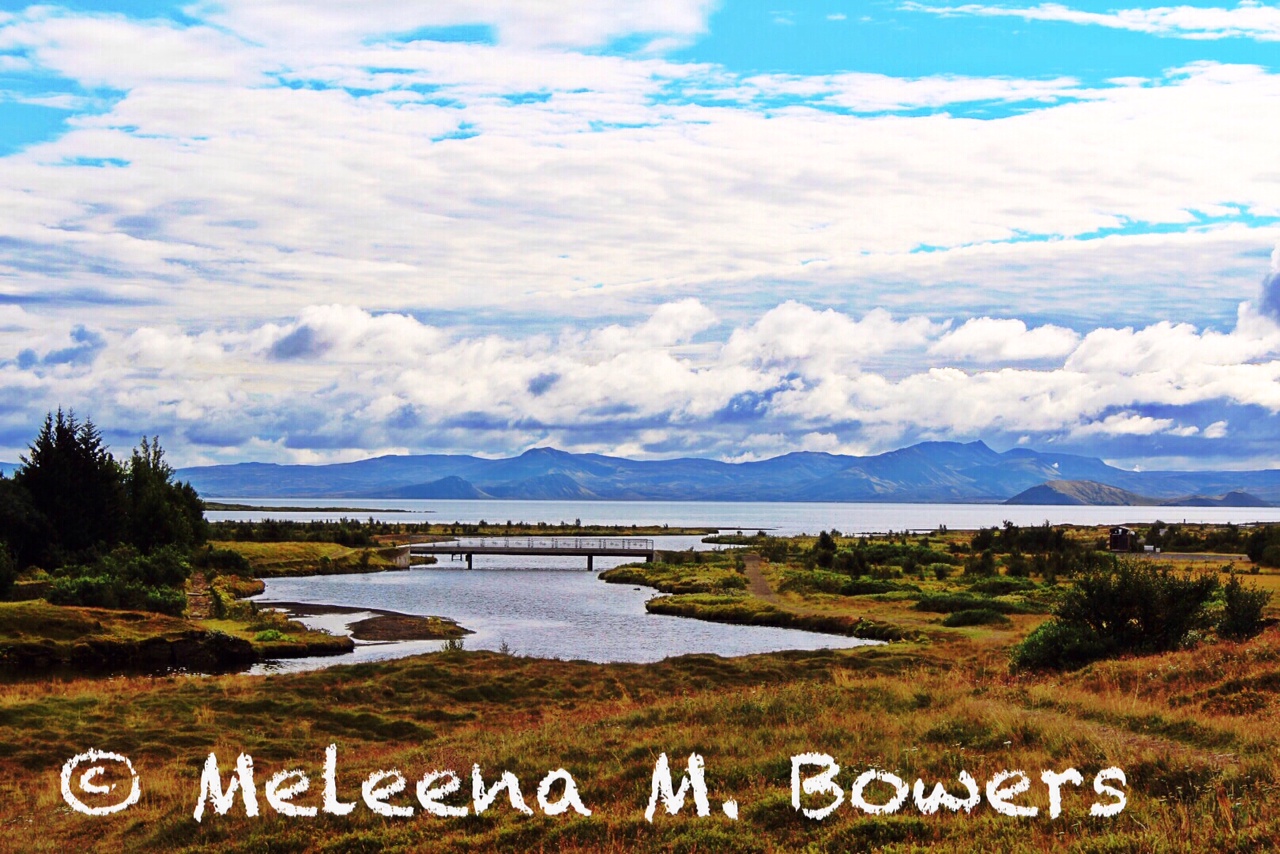
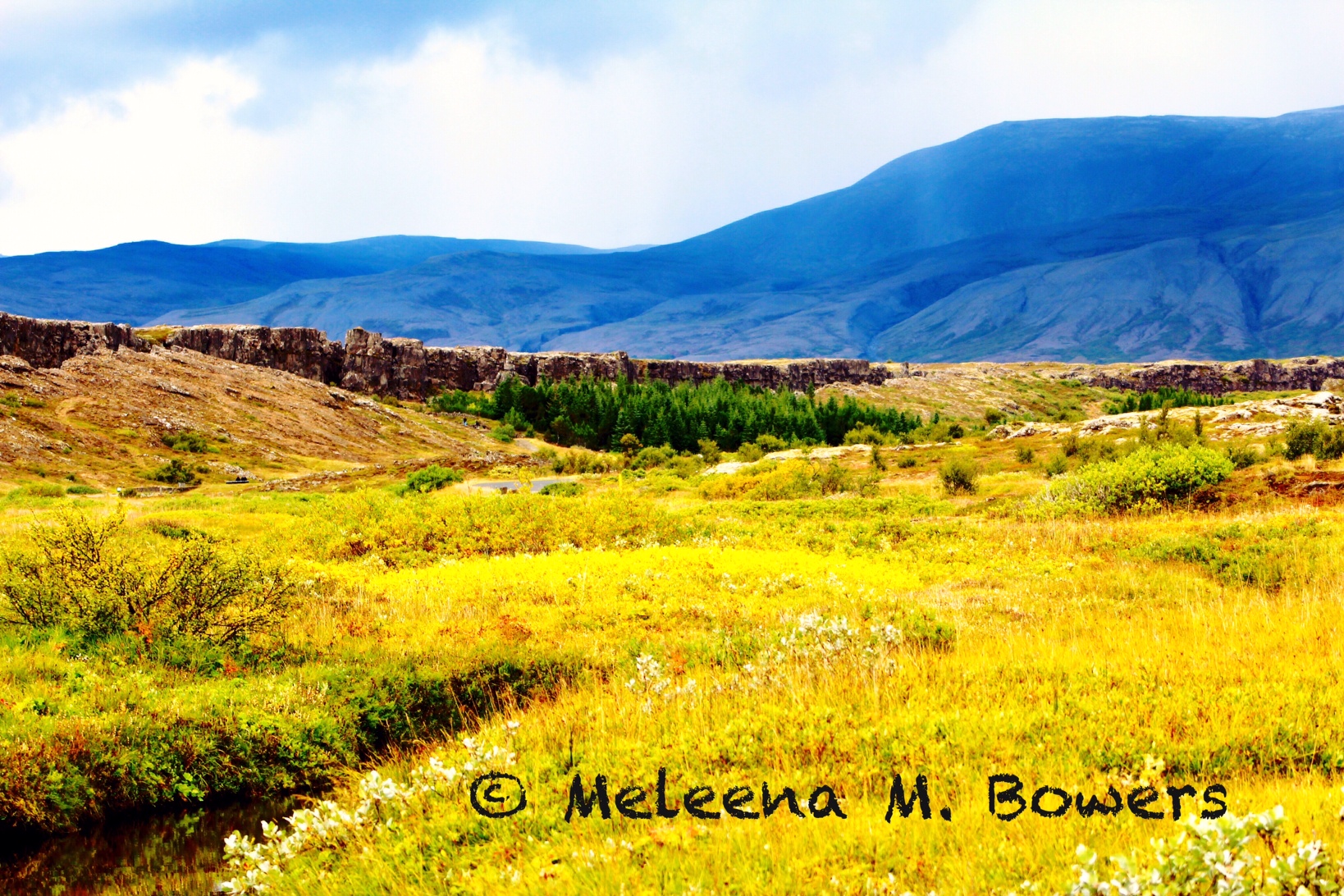
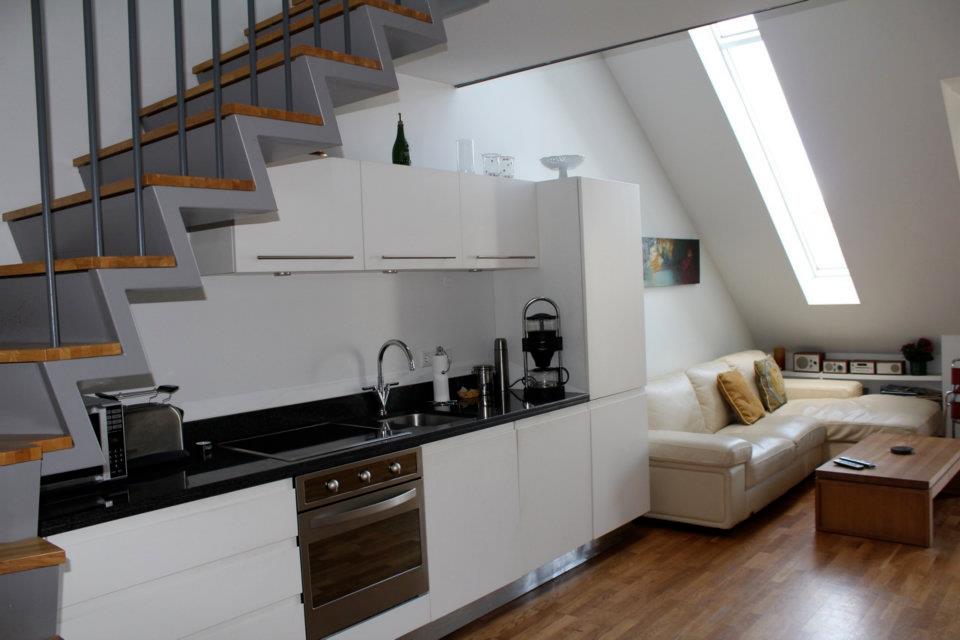
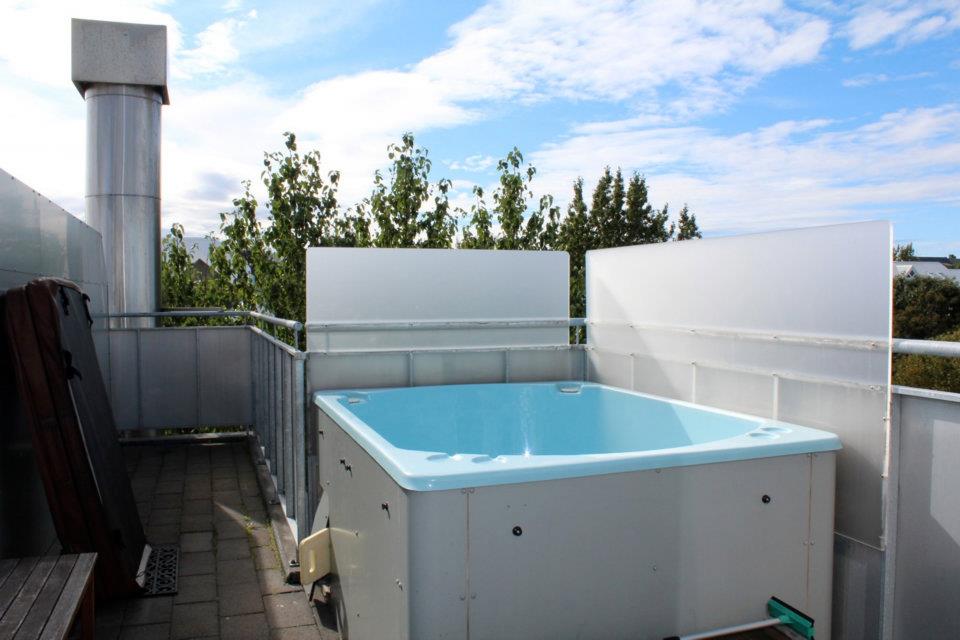
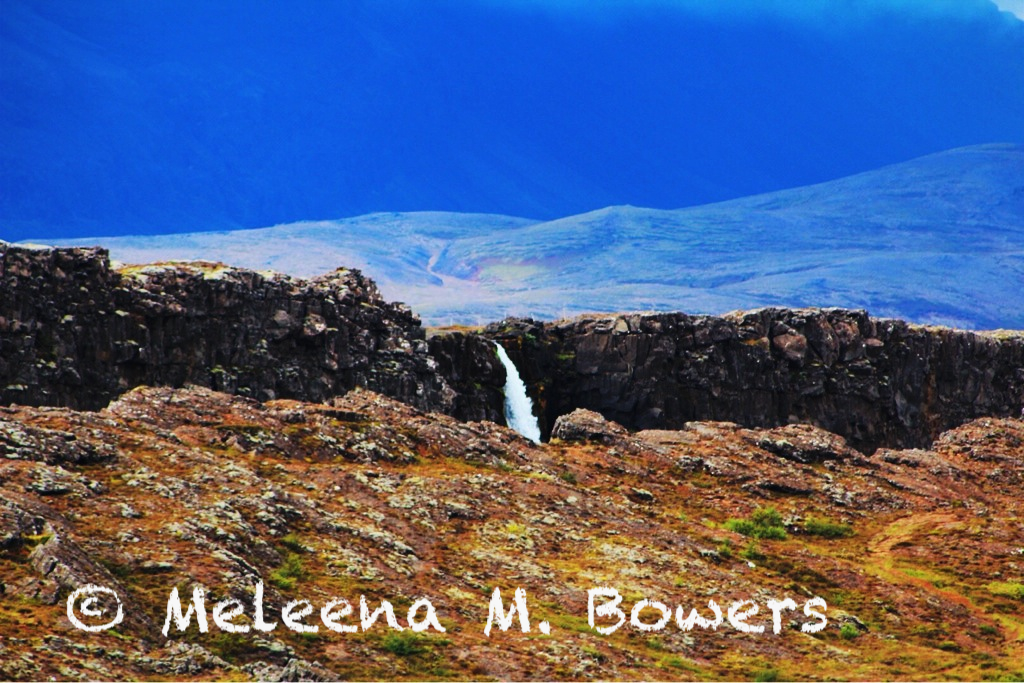





Leave a Reply